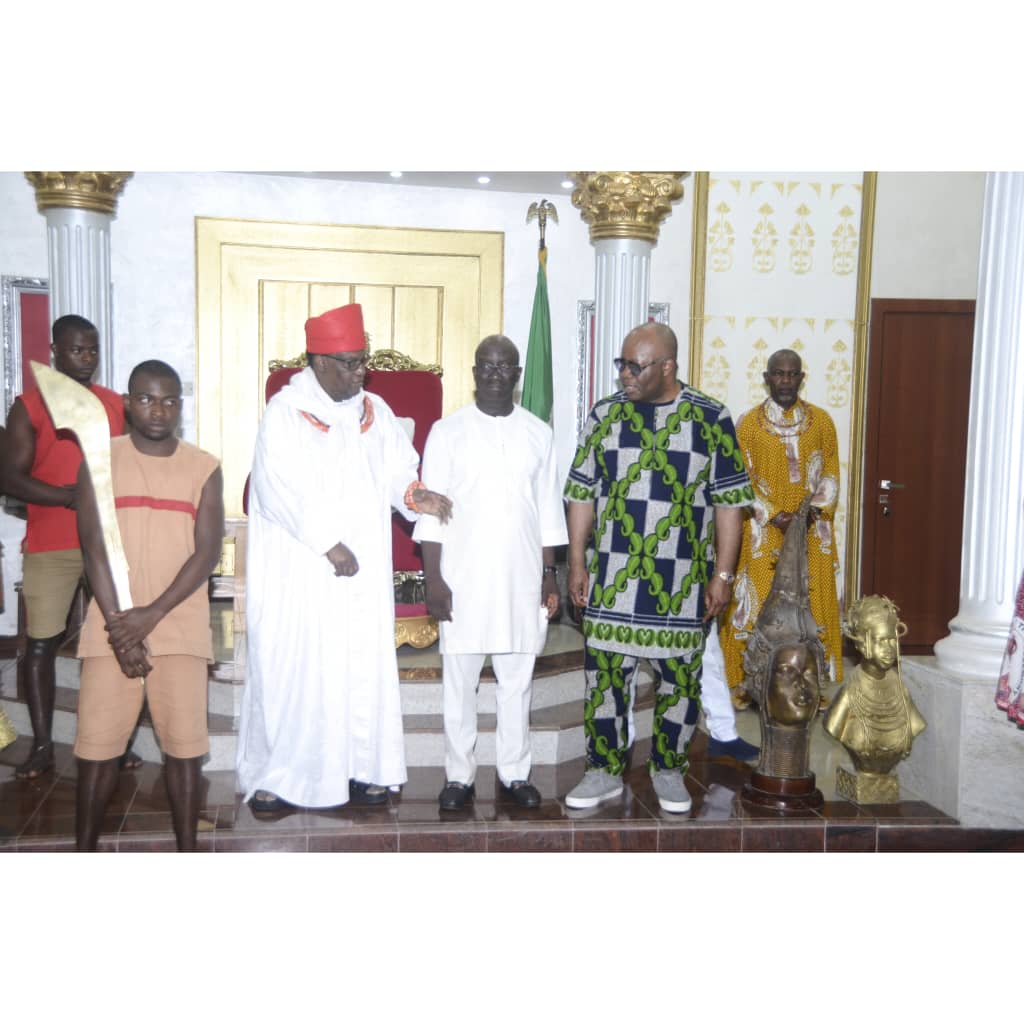Chief of Army Staff (COAS), Lieutenant General Taoreed Lagbaja, has identified inadequate funding and manpower as well as lack of a viable industrial base as some of the challenges to optimal contribution by the Nigerian Army to address the nation’s security issues.
Speaking at the 2024 Distinguished Personality Lecture titled “The Roles and Contributions of the Nigerian Army to National Development,” organized by the Centre for Peace and Strategic Studies, University of Ilorin, in collaboration with the Martin Luther Agwai International Leadership and Peacekeeping Centre, Jaji, the COAS noted that many Nigerians have a poor understanding of security matters.
The lecture, held in Ilorin on Tuesday, was part of activities to mark the United Nations International Day of Peace.
Represented by the Chief of Training (Army), Major General Sanni Gambo Mohammed, the COAS stated that the lack of adequate funding is impacting the Nigerian Armed Forces’ equipment levels, directly affecting their operational performance.
ALSO READ: Food security: FG, Ogun govt distribute farm inputs to farmers
“The pursuit of national development which goes alongside national security is a costly endeavour as defence policy is capital intensive.
“The entire AFN had a budget of about $2.8 billion in 2023, with additional supplementary of about one billion dollars. However, not all the budgetary provisions were eventually released.
“Although, funding for the AFN, as a whole, has been improving yearly since 2017, unfortunately, the
downturn in the economic performance of the country has eroded the value of what is actually released.
“The inadequacy in funding is affecting the level of equipment holding of the AFN, which has a direct bearing on performance.”
The COAS, who said that the federal government was committed to recruitment of more hands in the army as promised, stressed that the Nigerian Army, along with other security agencies, is under-resourced.
“In a country with over 200 million people, it is unrealistic for security agencies totalling around two million including an Army of just over 100,000 active personnel, without a reserve force, to secure the entire population.
“The significant gap in resources is being exploited by criminal elements. To address this issue, it is crucial to invest in expanding and strengthening security forces, ensuring they have adequate personnel and resources”.
The COAS, who also said that there is a poor understanding of what security entails by many Nigerians, added that security requires all citizens to be part of the security architecture in order to enhance vigilance, build trust, ensure local knowledge as well as community engagement.
He added that, “This is to develop a more presilient citizenry who are better prepared to respond to national emergencies.”
The lecture of Lt. Gen. Lagbaja, which also focused on roles and contributions of the Nigerian Army to national development, identified some of the contributions of the Nigerian Army to the national development such asà internal security, combating external threats, peace support operations, unification of Nigerians as well as socio-economic development and policy provisions.
Though, some of the military hardware are now produced in the country, Lt. Gen. Lagbaja said more than 90 per cent of military requirements are imported due to lack of industrial base.
In his speech, the Vice Chancellor of the University of Ilorin, Professor Wahab Egbewole SAN, advocated continuous maintenance of peace and security for development.
Also speaking, the director of the Centre for Peace and Strategic Studies, University of Ilorin, Professor Ibrahim Jawondo, said that the Centre offers short-time capacity-building training for professionals, adding that a number of officers from the Nigeria Armed Forces, other security agencies as well as officers of other nations have benefitted from the programmes, graduated and are doing well in their callings.
“This is in furtherance of the overall vision of making the University of Ilorin number one in universities ranking in Nigeria, number 10 in Africa and number 500 in the world.”
.png)
 2 hours ago
5
2 hours ago
5









 English (US) ·
English (US) ·